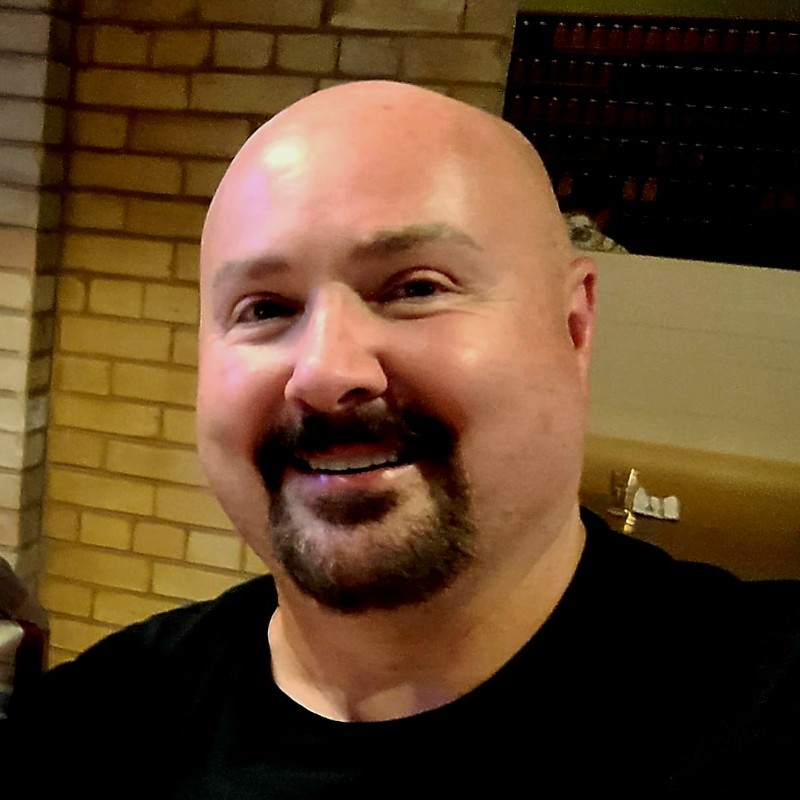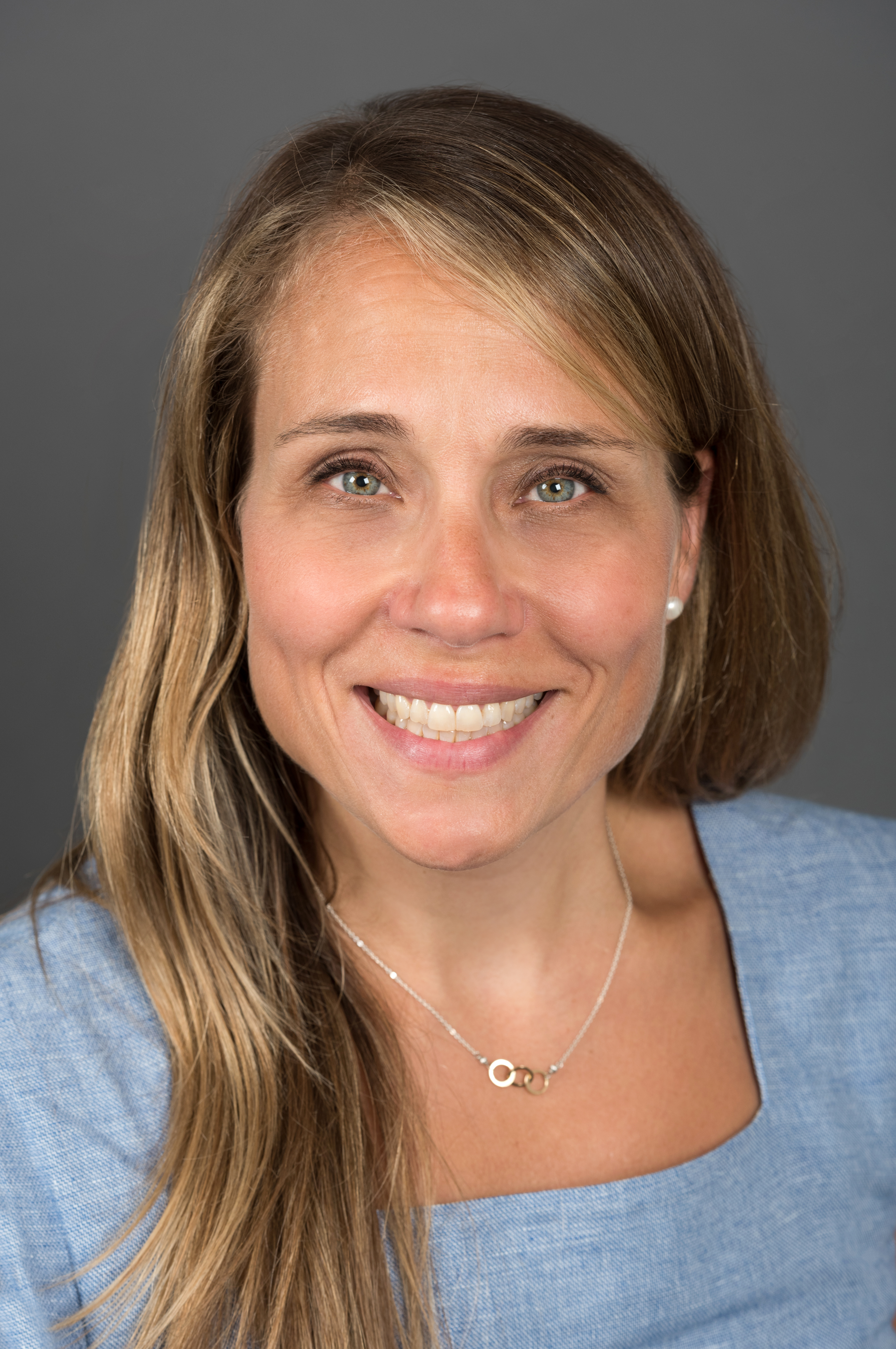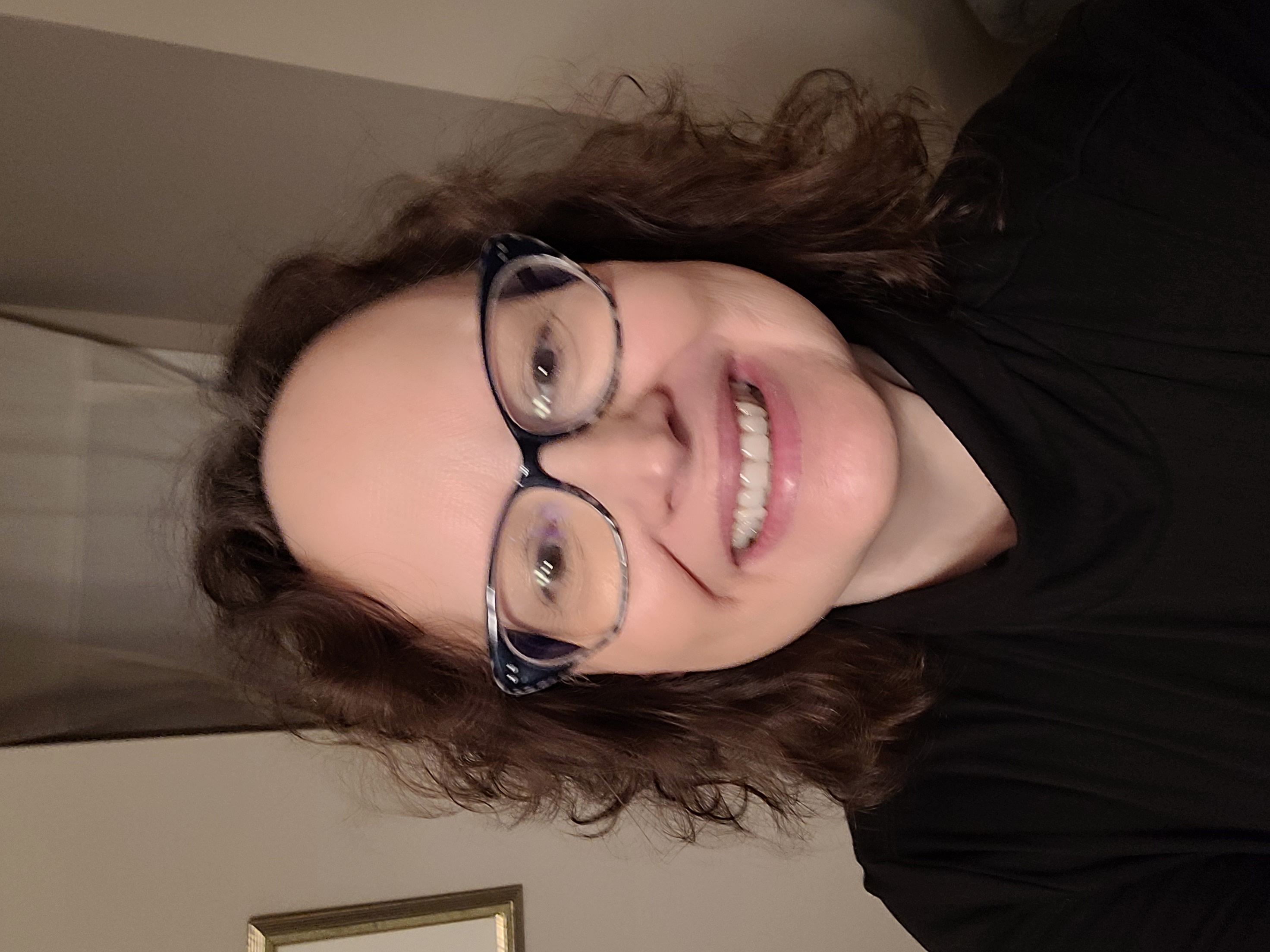Below you will find our Spring 2024 Newsletter Spotlights for our Alumni!
Frank Allara

1. Tell us a little about yourself.
a. What is your connection to the Department
of Biology?
I’m a 1984 UK graduate with a BS in Biology. I went on to graduate from the UK College of Dentistry in 1988, completed a residency in 2000 at the National Naval Medical Center at Bethesda, Maryland, and earned a masters in oral health science from The George Washington University, Washington DC, and later a masters in strategic studies from Air University in 2013.
b. What was your overall experience with the department? UK?
I had a highly positive experience at the University. I established lifelong friendships with fellow classmates and we still communicate today. Several biology classmates were also in my dental school class at UK.
c. What is your current role/position/title in your career?
I currently serve as the Chief Dental Officer for the Defense Health Agency in San Antonio, Texas. I am responsible for the strategic oversight for 39 Department of Defense dental treatment facilities from the East Coast to East Asia. I provide consultative leadership in the areas of dental clinical care, dental clinical management, strategic planning, budgeting, programming, credentialing and privileging, clinical quality management, and performance planning and analysis.
i. How did you get to this position?
I retired from the US Air Force after 27 years, and having served as the Director of Air Force Dental Operations, felt I had more to offer. The Department of Defense recently reorganized its healthcare structure and I was afforded an opportunity to continue my service as a civilian in the Defense Health Agency which over oversees medical and dental care in 721 treatment facilities around the globe.
ii. How has this role made a positive impact on your community?
There’s no greater thrill and sense of fulfillment than serving your country and having a significant role in providing for the healthcare of our military members and their families.
iii. What do you like most about your position? The most challenging?
What I enjoy most about my position is also the most challenging, in that two days are never the
same and are somewhat unpredictable. It certainly puts my critical thinking skills to the test. I’m also thankful that my work has afforded me the opportunity to live and travel all over the world. To date, I’ve lived in Germany, Korea, Japan, Turkey, and Kyrgyzstan, and have traveled to 45 countries.
iv. What are some important skills that have served you well through your career?
Planning and flexibility are key. Formulate a detailed plan to attain your goals, but have contingency plans to work through the difficult times. No plan, no matter how well conceived, survives first contact. Needless to say, in today’s high-paced and fluid environment, communication skills are invaluable. Hone your written and public speaking talents at every opportunity. Foremost, never stop learning.
v. Any advice for students who want to work in the same field as you?
Obtain as much experience as possible in your primary field, but take time to study the humanities. Delve deeply into history; learn to speak a foreign language. You may not think them
important at the time, but these courses and skills will pay long-term dividends over the course of your career and give you a greater appreciation for the finer things in life.
2. Do you have any mentors or professors who significantly impacted your life? How so?
There were so many outstanding professors and mentors in the Biology Department, but a few
were quite memorable. My most influential mentors were Robert Kuehne, Wayne Davis, and Leo Demski. Forty years later and I can still recall much of what I learned in their courses. My family laughs when I regurgitate some trivial fact I learned in their classes from so many years ago.
3. What was one of your favorite classes and why?
The ecology and limnology classes taught by Robert Kuehne were probably my favorite, most likely because of the field trips to local streams to collect and document specimens. The field trips also helped to develop comradery among my classmates. Leo Demski’s comparative anatomy course with the associated lab was also a highlight. I used to do a great impression
of Dr. Demski to entertain the lab. “Then you have Chondrichthyes….that’s the cartilaginous fishes….sharks, skates, and rays.” And if you had Dr. Demski, I’m sure you read that in his voice.
Sharks were his forte.
4. Describe any highlights or memorable moments here in biology/UK that most
influenced you.
I’m afraid if I shared some of my memorable events from the biology labs, the department would revoke my degree. Let’s just say I never had a bad time when I was in college.
5. Any overall advice for current students?
Avoid the genetics course! It shows up twice on my transcript…and not because I enjoyed it. I must have had some mental block because that’s the only course with which I struggled.
6. What improvements or changes do you wish to see from the department and
why?
I’m excited and eager to assist in establishing this biology alumni association and I encourage all students and alumni alike to actively participate in this endeavor. This organization will provide an outstanding network for everyone to share information and experiences.
7. What are your interests outside of work?
When we’re not working my wife and I enjoy the various offerings of San Antonio, whether it’s visiting the local attractions, exploring new restaurants, or attending a Spurs game. The city is
rich with history and there are always new exhibits at the local museums. We also enjoy travelling and exploring other cultures.
8. If you could only eat one food for the rest of your life, what would it be?
That’s easy. I’m Italian, so it would have to be any type of pasta….with fermented grape juice to accompany it, preferably of the Nebbiolo variety.
9. Is there another question we could be asking in an interview like this?
Perhaps, “What was your most embarrassing moment.”
Meredith van der Velden

1. Tell us a little about yourself.
a. What is your connection to the Department of Biology?
I graduated with a BS in Biology in 1998. Immediately following graduation, I started medical school at the UK College of Medicine where I graduated in 2002.
b. What was your overall experience with the department? UK?
My experience with the Department of Biology and the University of Kentucky was incredibly positive. As an undergraduate student, I found the opportunities at such a large university to be endless. Due to the close ties to the medical school, I was encouraged and enabled to take graduate courses and work in a lab doing some pretty exciting medical research as an undergrad. When I matched for my pediatric residency at Boston Children’s Hospital/Harvard Medical School (BCH/HMS) and joined medical graduates from colleges and universities across the country, I learned just what a unique opportunity and experience I had been given as an undergraduate at UK in the Department of Biology.
c. What is your current role/position/title in your career?
I am currently an attending Pediatric Critical Care physician at Boston Children’s Hospital and Assistant Professor of Anaesthesia and Pediatrics at Harvard Medical School. In this role, I oversee the delivery of care to our critically ill patients at Boston Children’s Hospital. I am also involved in teaching medical students, residents and fellows as well as research activities. I recently completed my MBA at the Massachusetts Institute of Technology (MIT) Sloan School so will now be spending some of my time on the business side of medicine.
i. How did you get to this position?
I was fortunate to match at Boston Children’s Hospital (BCH) for my pediatric residency out of medical school in 2002. Following completion of my residency in 2005, I stayed at BCH for my critical care fellowship which I completed in 2008. I was once again fortunate to be offered a faculty position following completion of my fellowship and have been at BCH ever since. Over the years, I completed a fellowship in Biomedical Ethics at Harvard Medical School. I also oversaw our international patient program at BCH for many years motivating me to return to school to get my MBA. Since then, I have been more involved with the business of how we deliver pediatric healthcare in our ICU and at our institution.
ii. How has this role made a positive impact on your community?
It is certainly a privilege to do the clinical work I do every day and interact with patients and their families at the critical time in which I do. It is also a privilege and a responsibility to be doing so at an institution like BCH/HMS where the clinical volume, research funding and training expectations insist that we take a lead in where the field of pediatric healthcare is heading.
iii. What do you like most about your position? The most challenging?
I always wondered if one day I would be ready to transition away from clinical care (including the nights and weekends!) as I became more senior in my role. This has not turned out to be the case. I find as much fulfillment taking care of patients and families now, if not more, than when I started practicing medicine over 20 years ago. Some of the harder challenges I enjoy these days are how to make our hospital and healthcare as a business continue to work.
iv. What are some important skills that have served you well through your career?
Learning to do the hard (and sometimes thankless) work yourself before delegating to others. The importance of actions and not just words. Not overthinking and overcommitting to a plan so much that you miss an opportunity in front of you. And, of course, a cup of coffee can go a long way at the right time.
v. Any advice for students who want to work in the same field as you?
So much has changed and is changing about medicine – and it would be important to be aware of these changes. But in the end, it still remains, and I think will remain, a privilege to work in the medical field and be invited to care for patients and their families. If this motivates you, then the long road getting there shouldn’t be much of a problem.
2. Do you have any mentors or professors who significantly impacted your life? How so?
Absolutely. Chuck Staben and Brett Spear remain two of my most important career mentors. Dr. Staben was my advisor when I was an undergrad. He enabled and encouraged me to take courses at the graduate school and also introduced me to Dr. Spear as a research mentor.
Dr. Spear was my mentor for my first real research project and really taught me science like no one else both in my senior year of undergrad and throughout medical school. I am certain I would not be where I am today without Dr. Spear’s research and career mentorship.
3. What was one of your favorite classes and why?
Intro to Cell Biology and Molecular Biology and Genetics (at the grad school). These were so relevant to what I was doing in the lab with Dr. Spear. It was my first time to really have my education inform the “work” that I was doing and it really made it stick.
4. Describe any highlights or memorable moments here in biology/UK that most influenced you.
As part of the HHMI research program, I was able to present my first research poster as an undergraduate right on the second floor of the T.H. Morgan Biological Sciences Building – very notable and formative experience (we used construction paper and actual poster board back then!). I also learned my love for teaching when I was able to TA an intro biology course as a senior.
5. Any overall advice for current students?
I was always told to learn how to say “no” in order to better manage my time, but I think the advice should have been to consider saying “yes” – especially when I was so early in my training and career.
6. What improvements or changes do you wish to see from the department and why?
I am just getting reacquainted with the department after a long time away so no suggestions yet. But not to worry, I intend to approach this role with a thoughtful eye for making improvements and helping to leverage the alumni board to support these.
7. What are your interests outside of work?
Spending time with my family and friends, being an Uber driver for my three children, skiing, mountain-biking, paddleboarding, cooking
8. If you could only eat one food for the rest of your life, what would it be?
Coffee
9. Is there another question we could be asking in an interview like this?
Favorite US City? Mine would be Fort Thomas, KY!
Amy Wilson

1. Tell us a little about yourself.
a. What is your connection to the Department of Biology?
I graduated with a B.S. from the Dept of Biology in 1988. I went on to get a Ph.D. from the Dept of Medical Microbiology & Immunology (MMI) in 1994, just across the street.
b. What was your overall experience with the department? UK?
As an undergraduate student at UK I was unsure how to apply my love for science to a career choice, especially if I didn’t want to be a medical doctor or a veterinarian. Then someone in the Bio Dept suggested I try an independent research course. I worked with faculty in the then MMI department and was hooked. I loved working in the lab, thinking about those problems and figuring out the best approach to answer yet unanswered questions of biology. It changed my entire focus as an undergrad student and led me to my graduate studies and my current career.
c. What is your current role/position/title in your career?
My current title is Executive Director, Intellectual Property Team Lead, Biotechnology Research for Astellas US, a global pharmaceutical company headquartered in Tokyo, Japan. I am a US patent attorney and I lead a team that supports all biotechnology research programs at Astellas, including cell and gene therapies.
i. How did you get to this position?
I was a scientist at a small biotech company when I was tasked to assist with the drafting of a patent application (I was an inventor). I became close friends with the patent attorney and really enjoyed learning about patent law and the strategic focus it requires. After I left the biotech I was recruited to the Intellectual Property department of a law firm in New York City as a scientific consultant. I became a patent agent and eventually went to law school at Brooklyn Law School at night. After law school I became an associate at that firm. I eventually left the firm for an in-house patent attorney position at Baxter Healthcare. I joined Astellas in June 2017.
ii. How has this role made a positive impact on your community?
I am proud to be part of the pharmaceutical industry. They perform cutting edge research to answer very difficult questions to treat diseases with high unmet medical need. For example, cell therapies to treat, otherwise untreatable progressive blindness, gene therapies to treat catastrophic genetic disorders and multiple modalities for treating solid tumors, which have few treatment options.
iii. What do you like most about your position? The most challenging?
I support very early-stage research programs, before there is even a product. Thinking about ways to protect the IP associated with those programs before a product has entered development is very challenging. You have to think about what the final product may be years in the future and creatively work to protect that IP.
iv. What are some important skills that have served you well through your career?
Intellectual curiosity, attention to detail and strong work ethic combined with leadership through empathy.
2. Do you have any mentors or professors who significantly impacted your life? How so?
Jim Freeman (also a UK grad) was my PhD advisor and taught me about scientific research excellence as well as ethics and leadership.
3. What was one of your favorite classes and why?
I would say that any lab was a favorite. I loved getting my hands on things and learning about ways to answer tough questions. Those experiences also solidified the text learnings in a way that was transformative for me.
4. Describe any highlights or memorable moments here in biology/UK that most influenced you.
See Question 1b.
5. Any overall advice for current students?
Lean into curiosity. Ask thoughtful questions. Take on projects/jobs/roles that are outside of your comfort zone; don’t be afraid to stretch. Don’t be afraid to pivot to a new job or even a career.
6. What improvements or changes do you wish to see from the department and why?
I would like the department to get to a point where any student, who so wishes, whether undergrad or graduate, can experience a hands-on research projects as part of their journey.
7. What are your interests outside of work?
Getting re-acquainted with the Lexington community. I’m a foodie who likes to experience different kinds of restaurants and try different types of recipes. I also like to garden and am looking forward to enjoying a longer outdoor season in KY.
8. If you could only eat one food for the rest of your life, what would it be?
Cheese, almost any kind.
9. Is there another question we could be asking in an interview like this?
Nothing comes to mind, this is very thorough.
